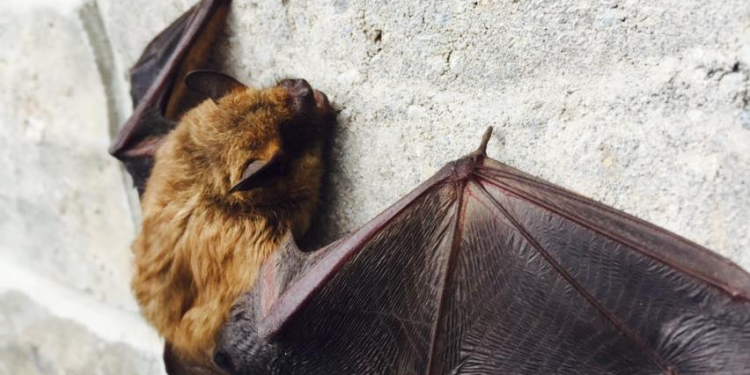Wild animals pose threats to humans and their furry companions, pets. As a pet parent, you should be aware of the threat your dog faces from wild animals and how to protect them. Dogs especially like the outdoors. They could also be quite inquisitive and approach wild animals. You can never rule out the chances of your dog coming in contact with a wild animal. You should also know what to do when your dog has come in contact with a wild animal.
Some of the common wildlife your dog can encounter include raccoons, coyotes, skunks, and rats. These critters carry different forms of diseases that your dog can contract. Your dog could also come in contact with bats. Bats and rabies are closely related and exposure to critters like bats could mean a rabies infection for your dog. We consider what you should do if your dog has come in contact with a wild animal below.
If your dog comes in contact with a wild animal, there are chances that it has been bitten. Confirm whether your dog was bitten and proceed with the required first aid and general care. Since there are high chances of a wild animal biting your dog on contact and there could be serious consequences of such bites, you should act like your dog was bitten if you cannot confirm.
If your dog was bitten and is bleeding, your first focus should be on stopping the bleeding. Stop the bleeding by applying pressure on it. Apply pressure on the bleeding site with a clean towel or washcloth.
After you stop the bleeding, you can then head to a vet to get the necessary care. Take your pooch to a vet to take care of the wound. Always seek this expert care because the wound may be more serious than it seems. The vet may simply clean the wound. Your dog may also require antibiotics, which the vet will prescribe to prevent the development of an infection.
The vet will prescribe homecare measures for taking care of your dog afterward. Follow all the instructions the vet gives. They will include cleaning the wound, using oral antibiotics for a specific period, and watching out for signs of infection.
Dogs are always at risk of contracting rabies when they come in contact wild animals. Bats and raccoons are some of the wildlife that carry rabies which your dog can come in contact with. Always ensure that your dog has had a rabies vaccination and learn more about what threats raccoons pose here.
Apart from the well-known diseases like rabies that your dog could contract from wild animals, ask your vet about the common diseases in your area and vaccinate your dog against them. You can vaccinate your dog against Lyme disease, for example.
It is also important that you affect measures that protect your dog from wild animals. Such measures focus on making your immediate environment unappealing to wild animals. Also, pay close attention to your dog when outdoors.
To keep your property unappealing to wild animals like raccoons, keep your yard clean and clutter-free. Remove all forms of debris including fallen leaves and your dog’s droppings. You also want to clear overhanging branches and any other area that provides shelter for the critters. Raccoons will particularly be drawn to a cluttered environment.
You can also install fences to limit the access of the critters to your yard and property. Also, do not leave your dog’s food out after feeding it.
If your dog comes in contact with a wild animal, you should get the necessary first aid and visit a vet. Always keep your dog’s vaccinations up to date. You should also affect measures to protect your dog against wild animals and minimize interactions with potentially harmful critters.


